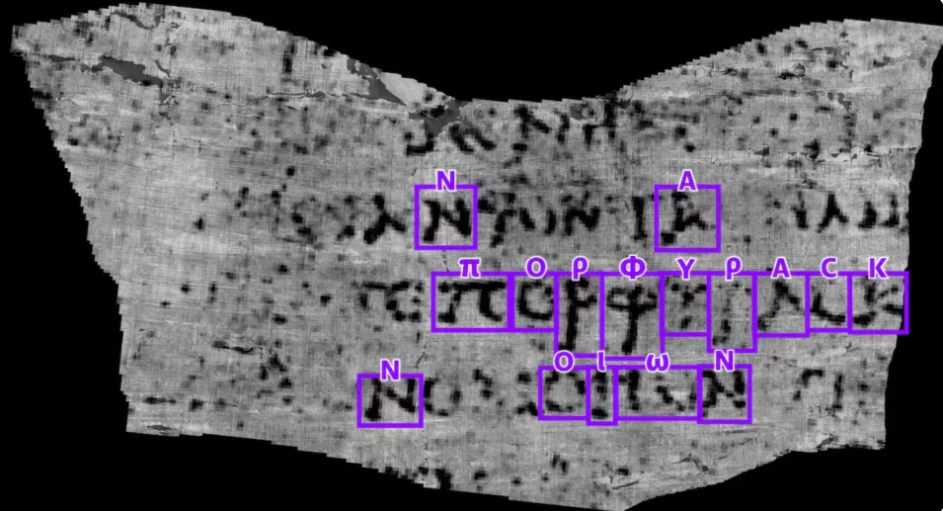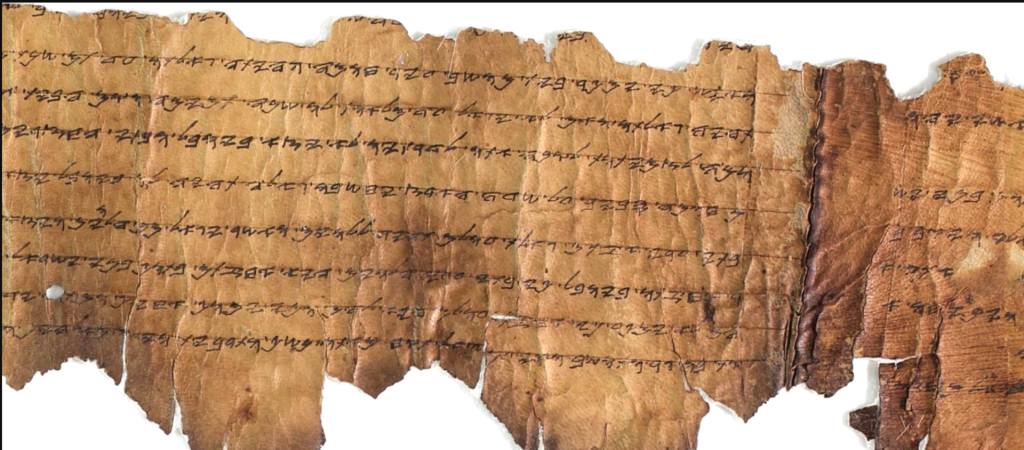Ever wondered what college students do at parties? They’re not always just sipping on drinks and dancing! One genius student just decoded an ancient mystery with the power of AI, all while jamming to the latest tunes!
Others are reading now
It was an ordinary party evening, the kind with music thumping, laughter echoing, and young souls reveling in the moment.
But for Luke Farritor, a student from the University of Nebraska-Lincoln, this party was anything but ordinary.
From Ancient Rome to Modern Tech
Roman scrolls from A.D. 79, scarred by the rage of a volcanic eruption, had kept their secrets hidden for almost 2,000 years.
Also read
These scrolls, with their illegible charred Greek letters, challenged historians and papyrologists worldwide.
But Luke wasn’t about to back down.
Instead of combing through history books or delving into ancient linguistics, this 21-year-old computer whiz chose to tackle the challenge with cutting-edge technology.
He developed an AI program designed to detect the faded and charred Greek letters written on papyrus.
A Party Twist No One Saw Coming!
While at a party, when most would be engrossed in conversations and revelry, Luke received a text. It contained an image from one of these enigmatic scrolls.
Excusing himself, he swiftly uploaded the image to his AI program and rejoined the festivities, not expecting much.
But as the night progressed and the clock struck 1 a.m., a casual glance at his phone revealed something astounding. His AI had identified around a dozen letters from the ancient scroll!
Jumping with exhilaration, Luke couldn’t contain his excitement, “I was completely amazed! I freaked out, jumping up and down, yelling, screaming,” he shared with The Washington Post.
From Random Letters to a Profound Discovery
Papyrologists, as intrigued as Luke was, delved into the letters his AI had unearthed. Their efforts culminated in identifying a complete word – “porphyras,” which means ‘purple’ in ancient Greek.
A color that held immense significance in ancient times, associated with power, nobility, and luxury.
And while we may think of parties as mere fun-filled events, for Luke Farritor, it was where the past met the future, and a 2,000-year-old riddle was finally solved!
See the mysterious scroll here:



